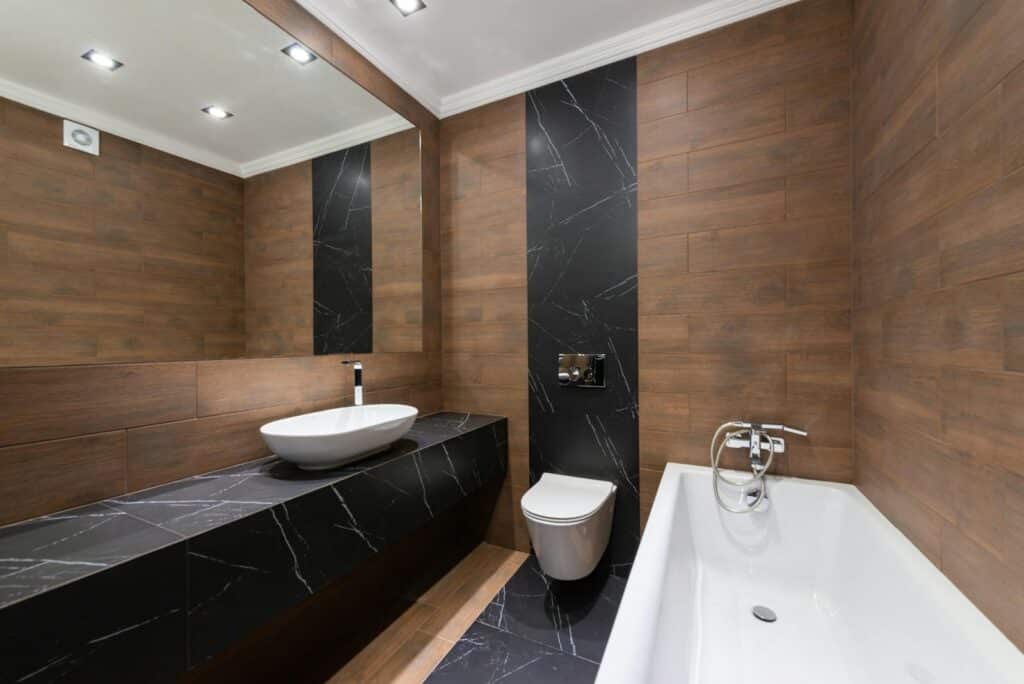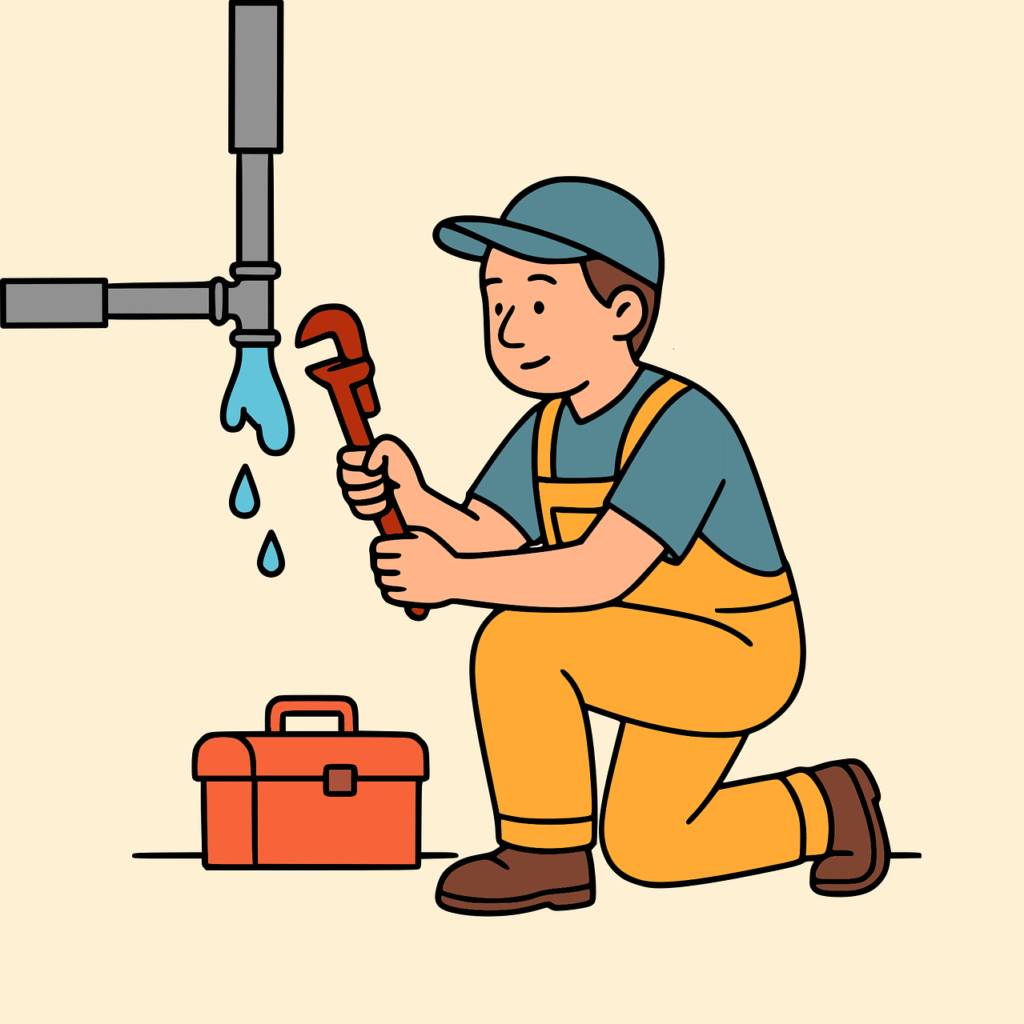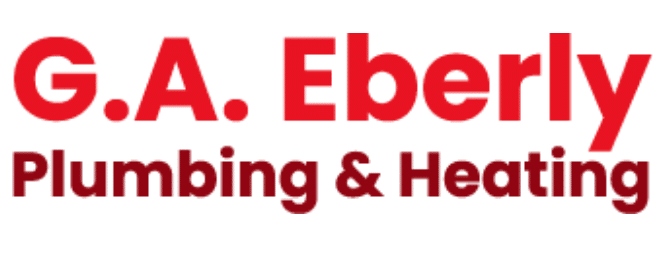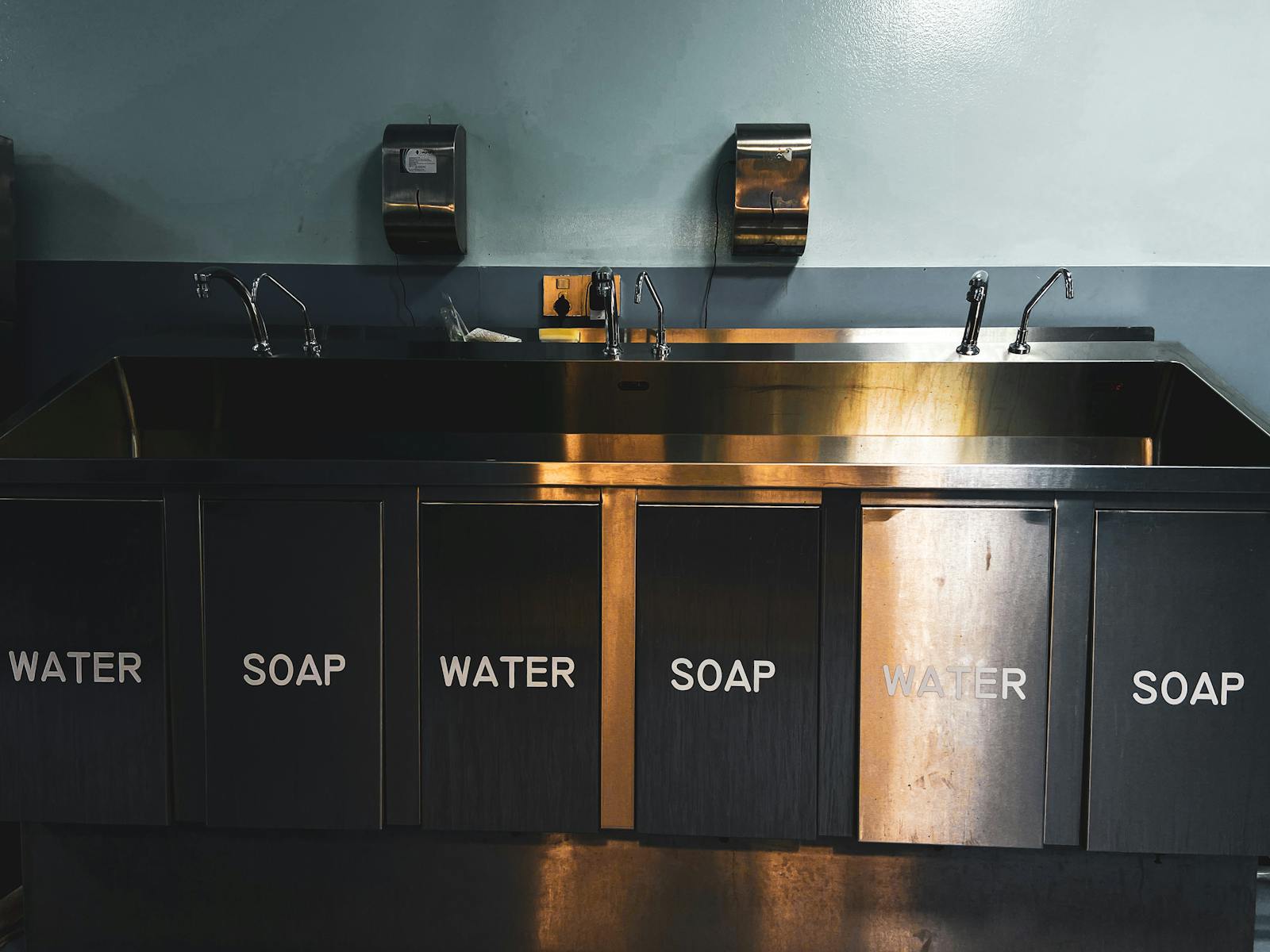Commercial buildings face unique plumbing challenges that can disrupt business operations and lead to expensive emergency repairs. Unlike residential properties, commercial plumbing systems handle higher volumes of water flow, serve more users, and operate under greater stress throughout the day. A single plumbing failure can shut down entire operations, affect employee productivity, and damage your reputation with customers.
Effective commercial plumbing maintenance protects your investment while ensuring smooth daily operations. Regular maintenance prevents costly breakdowns, extends equipment lifespan, and helps you comply with local plumbing codes. By implementing a comprehensive maintenance program, business owners can avoid the headaches of unexpected plumbing emergencies and maintain a professional environment for employees and customers alike.
This guide covers everything you need to know about plumbing maintenance, from daily checks to professional inspections. Whether you manage a small office building or a large retail complex, these strategies will help you keep water flowing efficiently while minimizing repair costs.

Photo by Max Vakhtbovycn on Pexels
Understanding Your Commercial Plumbing System
Commercial plumbing systems are significantly more complex than home plumbing systems. These networks include multiple water supply lines, extensive waste pipes, commercial-grade water heaters, and specialized equipment like grease traps and backflow prevention devices. The entire plumbing system must handle constant use while maintaining consistent water pressure and hot water delivery throughout the building.
Your building’s plumbing infrastructure includes several critical components that require regular attention. The main water supply enters through a master shutoff valve, then branches into hot and cold water lines serving different areas. Waste water exits through a network of drain pipes that connect to the main sewer line or septic system. Floor drains, shower drains, and other drainage points collect water from various sources and channel it safely away from the building.
Understanding how these components work together helps you identify potential problems before they become major issues. When any part of the system fails, it can create a cascade effect that impacts other areas. For example, a clogged drain in one area can cause slow drainage throughout that section of the building, while a malfunctioning water heater affects hot water availability for the entire facility.
Essential Daily and Weekly Maintenance Tasks
Successful and regular plumbing maintenance starts with consistent daily observations. Train your staff to watch for signs of plumbing issues during their regular duties. Look for water stains on ceilings or walls that indicate leaking pipes, check that water pressure remains consistent at all fixtures, and listen for unusual sounds like gurgling from drains or running water when fixtures aren’t in use.
Weekly maintenance should include testing all faucets and fixtures to ensure proper water flow and drainage. Check toilet bowls for proper water levels and flush mechanisms. Inspect visible pipes for signs of corrosion, leaks, or damage, particularly in areas like basements, crawl spaces, and utility rooms where pipes are exposed. Test your main shutoff valve to ensure it operates smoothly in case of emergency.
Pay special attention to high-use areas like restrooms, break rooms, and any spaces with specialized plumbing needs. These areas experience more wear and are more likely to develop problems. Regular cleaning of drains helps prevent clogs from forming, while prompt attention to minor issues prevents them from becoming major repairs.
Monthly and Seasonal Plumbing Maintenance Checklist
Monthly plumbing maintenance involves more thorough inspections and preventative care. Check your water heater for proper operation, including temperature settings and any signs of leakage around the unit. Inspect the pressure regulator and use a pressure gauge to ensure water pressure stays within normal ranges. High water pressure can damage fixtures and increase wear on the entire system.
Clean floor drains and shower drains to remove accumulated debris that could lead to clogs. Test your sump pump if your building has one, ensuring it activates properly and pumps water effectively. Examine all visible plumbing connections for signs of wear or loosening that could lead to plumbing leaks.
Seasonal maintenance addresses weather-related concerns. Before winter arrives, insulate pipes in unheated areas to prevent frozen pipes that can burst and cause extensive water damage. Check outdoor faucets and sprinkler systems, shutting off water supply to these fixtures if they won’t be used during cold months. Spring maintenance should include testing these systems as you restore water flow and checking for any winter damage.
Professional Plumbing Inspections and Services
While regular maintenance helps prevent many issues, professional plumber services provide expertise that goes beyond basic upkeep. Schedule regular plumbing inspections with a qualified plumber who understands commercial systems. These professionals can identify potential problems that aren’t visible during routine maintenance and provide necessary repairs before they become emergencies.
A professional plumber brings specialized tools and knowledge to assess your entire plumbing system comprehensively. They can perform pressure tests, inspect sewer lines with camera equipment, and evaluate the condition of pipes that aren’t easily accessible. Regular plumbing inspections help you plan for equipment replacement and budget for upcoming maintenance needs.
Professional services also ensure your plumbing work meets local plumbing codes and regulations. Commercial buildings must comply with specific standards that differ from residential requirements. Working with a local plumber familiar with these codes protects your business from violations and ensures your plumbing system operates safely and efficiently.
Preventing Common Commercial Plumbing Problems
Clogged drains represent one of the most frequent plumbing issues in commercial buildings. Food waste from break rooms and cafeterias, paper products, and other debris can accumulate in drain pipes over time. Implement policies that limit what goes down drains and provide proper disposal alternatives for items that shouldn’t enter the plumbing system.
Garbage disposal units require special attention in commercial settings. These units handle larger volumes than residential disposals and need regular cleaning and maintenance. Avoid putting grease, large food particles, or non-food items into the disposal. Run cold water during operation and for several seconds afterward to help flush waste through the system.
Water pressure problems often stem from mineral buildup in pipes or issues with the pressure regulator. Hard water areas may experience more frequent problems with reduced water flow as minerals accumulate inside pipes. Regular water testing and treatment can help minimize these issues while extending the life of your plumbing fixtures and water heater.
Water Heater Maintenance for Commercial Properties
Commercial water heaters work harder than residential units, providing hot water for larger numbers of users throughout extended operating hours. Regular maintenance extends equipment life and ensures consistent hot water availability. Check the temperature settings monthly to ensure they meet your facility’s needs without wasting energy or creating safety hazards.
Inspect the water heater for signs of leakage, corrosion, or unusual noises that might indicate internal problems. Sediment buildup in the tank reduces efficiency and can lead to premature failure. Professional maintenance should include flushing the tank to remove accumulated sediment and checking the heating elements or burner system.
Consider your facility’s hot water usage patterns when planning maintenance. Buildings with high demand may benefit from multiple smaller units rather than one large water heater, providing redundancy and more efficient operation. Your plumber can evaluate your current system and recommend improvements that reduce energy costs while improving reliability.
Emergency Preparedness and Response
Despite the best preventative maintenance, plumbing emergencies can still occur. Prepare your facility by ensuring all staff know the location of the main shutoff valve and how to operate it safely. Post clear instructions near the valve and include shutoff procedures in your emergency response plan.
Keep contact information for your professional plumber readily available, including after-hours emergency service numbers. Quick response to plumbing emergencies minimizes damage and reduces repair costs. Train key staff members to recognize signs of serious plumbing problems that require immediate professional attention.
Stock basic emergency supplies like buckets, towels, and temporary pipe repair materials that can help contain damage until professional help arrives. Know where your building’s water supply enters and how to shut off sections of the system if needed. This knowledge helps isolate problems and prevent them from affecting the entire facility.
Clogged Drains, Drain Cleaning and Maintenance
Effective drain cleaning prevents many common plumbing problems before they develop into costly repairs. Regular cleaning removes accumulated grease, soap residue, and debris that can restrict water flow and create clogs. Avoid using chemical drain cleaners routinely, as these products can damage pipes and create hazardous conditions.
Instead, implement a regular drain cleaning schedule using environmentally safe methods. Baking soda and vinegar provide effective cleaning for many drains without harmful chemicals. Hot water flushes help remove grease and soap buildup when used regularly. For more stubborn clogs, professional drain cleaning services use specialized equipment that clears blockages without damaging pipes.
Pay special attention to drains that handle grease or food waste. These areas require more frequent cleaning and may benefit from grease trap installation to prevent waste from entering the main sewer system. Regular maintenance of these specialized components protects your entire plumbing system while ensuring compliance with local regulations.
Cost-Effective Plumbing Maintenance Tips
Preventative maintenance costs significantly less than emergency repairs and equipment replacement. Develop a maintenance schedule that spreads tasks throughout the year, making the workload manageable while ensuring nothing gets overlooked. Keep detailed records of maintenance activities, repairs, and equipment age to help plan future upgrades and budget for ongoing costs.
Consider the total cost of ownership when making plumbing decisions. Higher-quality fixtures and equipment may cost more initially but often provide better reliability and longer service life. Energy-efficient water heaters and fixtures can reduce operating costs while providing tax benefits in some areas.
Work with your professional plumber to identify maintenance tasks you can handle internally versus those requiring professional expertise. This approach saves money on routine tasks while ensuring complex work receives proper professional attention. Regular training for maintenance staff helps them identify problems early and perform basic maintenance effectively.

Photo by Mohamed_hassan on Pixabay
Top Plumbing Products to Clean and Maintain Your System
Maintaining your plumbing system requires the right tools and products to ensure efficiency and prevent costly repairs. Here’s a list of seven top plumbing products that can help you keep your system in top-notch condition:
Green Gobbler Drain Clog Remover (Green Gobbler)
A powerful and eco-friendly solution to eliminate tough clogs and buildup in your drains. Safe for all pipes and septic systems.
Visit Green Gobbler
RIDGID PowerClear Drain Cleaner (RIDGID)
A compact and easy-to-use drain cleaning tool, perfect for clearing blockages in small pipes and drains.
Visit RIDGID
Scotch-Brite Non-Scratch Scrub Sponges (3M)
These sponges are great for scrubbing sinks, faucets, and other plumbing fixtures without scratching their surfaces.
Visit 3M
CLR Calcium, Lime & Rust Remover (CLR Products)
An effective cleaning solution to remove mineral buildup, rust, and lime deposits, keeping your fixtures and pipes clean and functioning efficiently.
Visit CLR
Oatey Plumber’s Putty (Oatey)
A versatile and reliable product that provides watertight seals around drains and fixtures, preventing leaks.
Visit Oatey
Zep Drain Defense Pipe Build-Up Remover (Zep)
This enzyme-based cleaner helps maintain your drains by breaking down organic buildup and preventing future clogs.
Visit Zep
Moen Faucet Grease (Moen)
High-quality silicone-based grease designed to lubricate faucet cartridges and maintain smooth operation.
Visit Moen
These essential products, combined with regular maintenance, can keep your plumbing system running smoothly while extending its lifespan. Always select products that align with your system’s specific needs and consult with professionals as required.
Building a Long-Term Maintenance Schedule
A successful commercial plumbing maintenance program requires consistent commitment and proper documentation. Create a comprehensive plumbing maintenance checklist that covers daily, weekly, monthly, and annual tasks. Assign responsibilities clearly and track completion to ensure nothing falls through the cracks.
Regular communication with your professional plumber helps identify trends and plan for future needs. Discuss your maintenance observations during service visits and ask for recommendations about equipment upgrades or system improvements. This partnership approach helps you make informed decisions about your plumbing infrastructure.
Consider the age and condition of your plumbing system when planning long-term maintenance. Older systems may require more frequent attention and eventual replacement of major components. Planning these improvements allows you to budget appropriately and minimize disruption to your business operations.

Trust G.A. Eberly Plumbing & Heating for Your Plumbing Maintenance Needs
When it comes to keeping your plumbing system in top condition, G.A. Eberly Plumbing & Heating is here to help. With decades of experience and a commitment to quality service, their team of professionals is equipped to handle all your plumbing maintenance and repair needs. Whether you’re dealing with a leaky faucet, clogged drains, or require routine inspections, G.A. Eberly Plumbing & Heating ensures timely and reliable solutions.
Contact them today at 301-856-6900 or visit their website at gaeberly.com to learn more about their services. With G.A. Eberly Plumbing & Heating, you can trust that your home’s plumbing is in expert hands.
Maximizing Your Plumbing Investment
Effective commercial plumbing maintenance protects your property investment while ensuring reliable operation for years to come. By implementing regular maintenance procedures, working with qualified professionals, and staying proactive about potential problems, you can avoid costly emergency repairs and maintain a professional environment for your business.
Start by assessing your current plumbing system and identifying any immediate maintenance needs. Develop a comprehensive maintenance schedule that fits your building’s specific requirements and usage patterns. Remember that consistent small investments in maintenance provide much better returns than waiting for major problems to develop.
Your plumbing system is a critical component of your business infrastructure. Give it the attention it deserves through regular maintenance, professional inspections, and prompt attention to any issues that arise. This proactive approach saves money, prevents disruptions, and ensures your facility continues to serve your business needs effectively.

